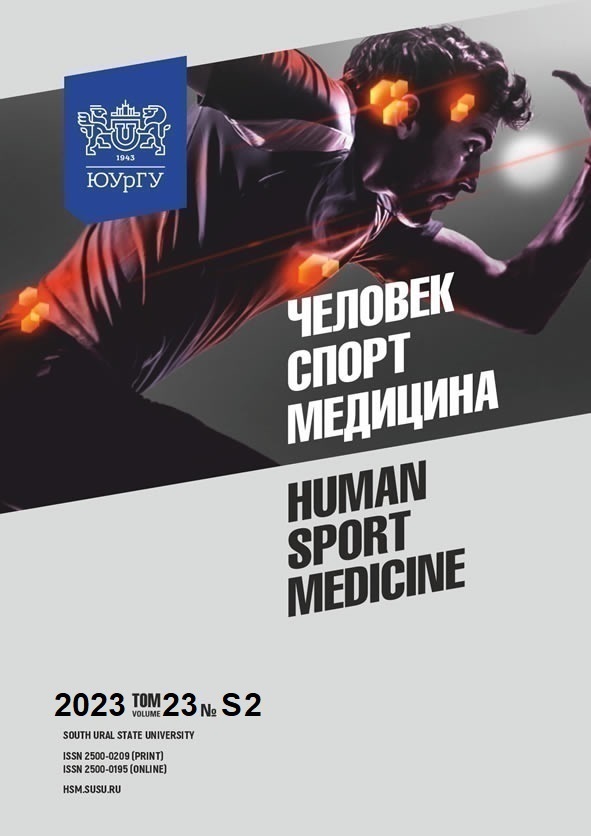USE OF HUMANITARIAN TECHNOLOGIES BY FUTURE PE TEACHERS IN INCLUSIVE EDUCATION
Abstract
Aim. To identify the attitude of future PE teachers toward humanitarian technologies in inclusive education and their effect on classes with children with special educational needs. Materials and methods. The survey method was used as the main one to identify the attitude of future PE teachers toward humanitarian technologies in inclusive classes. Our questionnaire was based on the following methods: a method for evaluating teachers’ performance (L. Mitina); self-analysis of difficulties in teachers’ activities (L. Gorbunova, I. Tsvelyukh); a method for diagnosing professional pedagogical tolerance (Yu. Makarov). Results. Empirical data are presented that contribute to the effectiveness of classes with children with special educational needs. The analysis of these data helps set priorities in the development of methods and technologies for PE classes in inclusive education. Conclusion. The quality of inclusive education can be achieved through the comprehensive development, organization, and conduct of inclusive technology-assisted PE classes.
References
References on translit
Copyright (c) 2024 Human. Sport. Medicine

This work is licensed under a Creative Commons Attribution-NonCommercial-NoDerivatives 4.0 International License.















